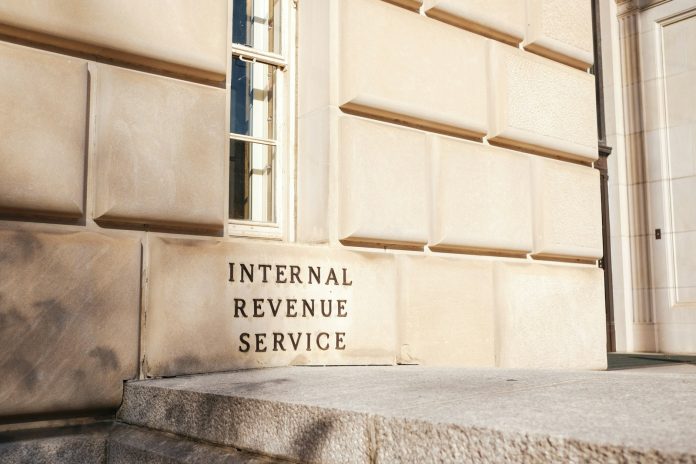
When you’re financially stretched thin, the last thing you want is a letter from the IRS showing up in your mailbox. But for many Americans, that moment becomes all too real, especially when income dips, bills pile up, and tax obligations become overwhelming. The good news is that being broke doesn’t mean you’re out of options. Programs offering IRS tax relief for low-income taxpayers exist, and knowing your rights—and the resources available to you—can make all the difference.
Confronting the Fear: The IRS Way of Thinking
When you receive a call from the IRS, it is easy to panic. Most individuals would imagine asset seizure, wage garnishment, or frozen accounts. Although such consequences can happen in extreme situations, the IRS does not choose to punish, but to resolve. The agency has established procedures that enable taxpayers to settle their debts, particularly those who are unable to pay due to hardship.
If you’re in a difficult situation with paying your bills, you need to start by admitting it and taking immediate action. Refusal to communicate with the IRS will do nothing to help the situation. Be it a letter, a notice or a payment demand, open it, read it through, and consult a professional in case you are not sure what it is all about. The IRS usually grants time to sort out the situation, but the clock does not stand still as you wait.
What is Financial Hardship in the Eyes of the IRS?
Not every tax debtor is equalized. If you are in a real financial crunch, the IRS has a system in place to identify this. Depending on whether the IRS has issued what is termed as the Currently Not Collectible (CNC) status, or through the IRS Hardship Program, a taxpayer can have collections suspended, so long as he or she can demonstrate that paying will cause an unreasonable financial hardship.
You must submit a record of your income, expenditure, and assets to qualify. This will assist the IRS in determining your ability to pay anything realistically. Those in hardship are often offered the option to postpone payments until their financial position improves, and the fear of immediate collection measures is alleviated. In other instances, there may even be tax forgiveness under certain circumstances.
This does not come automatically, though; you have to apply and be open to the opportunity. It is advisable to have professionals handle this task, as they know how to present your financial image correctly and by IRS standards.
Looking at the IRS Hardship Program
The IRS Hardship Program is a program that helps individuals in critical financial situations avoid further deterioration of their situation caused by tax issues. It may serve as your financial cushion, providing you with some breathing space to recover after losing your job, incurring medical expenses, or facing other financial setbacks.
You are eligible based on a comparison of your income and the required living expenses. In case no money remains as disposable income at the end of the month, the IRS can take a break in its activity. Nonetheless, interest and penalty can continue to accumulate, and you will still have to file further tax returns promptly to avoid falling into bad standing.
Some taxpayers may also be eligible for an Offer in Compromise (OIC). This enables you to pay less than the actual amount you owe in tax debt, but please note that this is only eligible under strict conditions and requires a substantial amount of documentation.
The Reason Procrastination is a Threat
People often neglect addressing the IRS because they are too busy or too ashamed to do so. Time, however, is not on your side in such instances. The longer the delay, the greater the fines increase — the narrower do the alternatives become. Addressing the problem before it gets out of hand and demonstrating that you are not afraid to work towards a solution allows you to maintain control of it and not be its victim.
You do not have to go through it alone. Numerous skilled tax experts assist individuals in enrolling in IRS hardship programs, negotiating with the IRS, and arranging affordable payment plans.
Returning to Control
Not being broke is the same as not being broken. Anyone who has had a bad financial time, and the IRS understands that fact better than most individuals believe. It is how you react. It can be achieved through payment plans, deferred collection status, or even partial forgiveness of the debt, but the key is to act early and be informed of your rights.
But the most important thing is that you must be assertive enough to find the appropriate form of help. When you are at a loss for where to start or how to go about the IRS system, you need not do it alone. Consider the possibilities, such as tax relief from the IRS for low-income taxpayers, and do not hesitate to be your advocate.
Conclusion
When your financial situation is already in a mess, being served with a notice by the IRS may seem like the last straw, but it need not be so. There are relief paths provided by the IRS, which are exclusively targeted at those who are financially suffering. Proper knowledge and assistance will help you confront the problem and secure your future. You are not broken yet, though you are broke at the moment. It starts with a single informed step, and that step begins by knowing that help is available.










